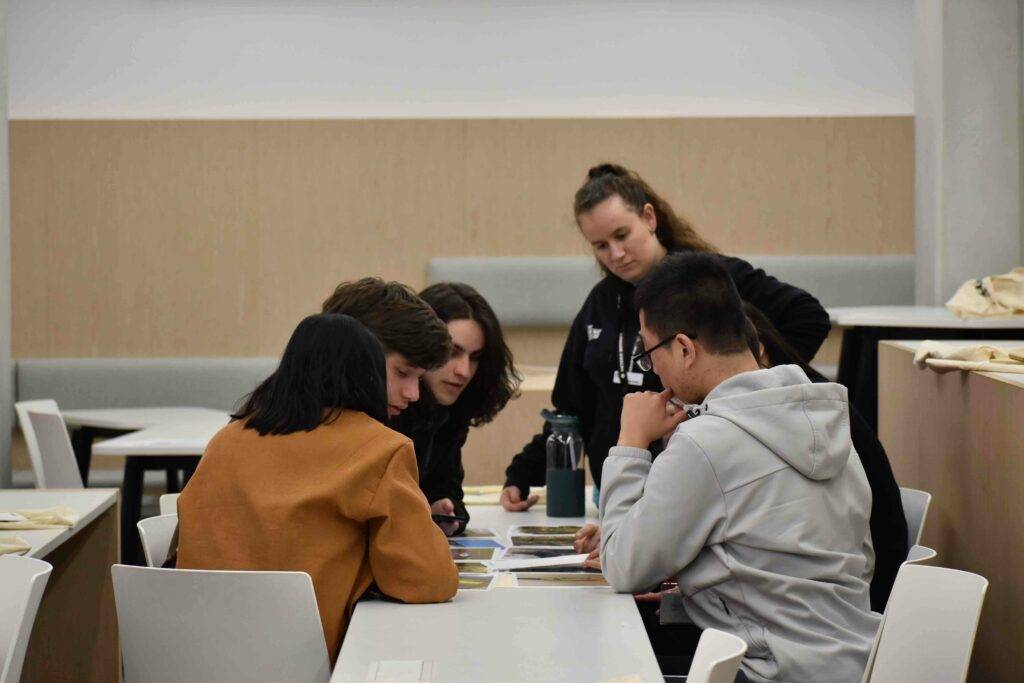High Aptitude and/or High Achievement Criteria
Skyline seeks high potential students who would likely thrive in a tertiary education setting and/or pathway of choice. Due to the socio-economic circumstances described in the section above, the true extent of these students’ abilities may not be accurately reflected through their current level of academic achievement.
Ideal candidates for the Skyline program will either display high levels of achievement through their academic performance at school, alternatively they may be recognised by their teachers as having the potential to achieve at a very high level, indicating great aptitude for learning.

High Achieving
Students performing in the top 10% of their peers, either across all their studies or areas, including, but not limited to literacy, numeracy, sport, music, visual or performing arts, a vocational area or leadership.
Students demonstrating outstanding performance and achievement in creative areas that do not necessarily sit within the confines of traditional school subjects e.g. video editing, dance, martial arts, computer coding, game design.
High Aptitude
We ask schools to look for evidence of aptitude across the following areas:
Intellectual ability and agility. Processing ability (verbal, numerical, spatial), specialised knowledge, and ability to generate ideas and elaborate outside the norm and use initiative. Able to identify and decipher problems.
- Good memory
- Inquisitiveness and advanced curiosity.
- Insightfulness. Astuteness. Advanced ideas and opinions, and deep insight into complex issues.
- Ability to reason. Deep thinker who can balance and support arguments.
- Persistence in pursuit of knowledge.
Creative abilities. Creativity is the ability to form something tangible (physical) or intangible (idea or theory), new or original, that has value, and/ or uses exploratory behaviour to take a concept further (develop), and/ or uses remote associations to create a new concept.
- Problem solving ability. Inventiveness. Resourceful and adaptable, thinks beyond local level.
- Imaginative and enterprising. Uses high levels of creativity to problem-solve.
- Originality. Non-conformity. Particularly in the arts (visual, written, performance).
Social abilities. Interaction, influence, eloquence, adaptability; awareness of self, others, strengths and weaknesses.
- Heightened understanding of self and others.
- Independence. Autonomy.
- Leadership ability- initiative, strong sense of justice and morality, ability to work with others and build on ideas.
- Communication skills, superior and well-developed vocabulary and language skills.
- Motivation – curious and motivated to understand outside existing sphere of influence. Also, may include enthusiasm (likely to volunteer), and a vision for future.
- Sense of humour. Use of humour beyond age group. Temperament.
Sensory perceptiveness. Heightened visual, aural, tactile, smell, taste, kinaesthetic perceptiveness.
